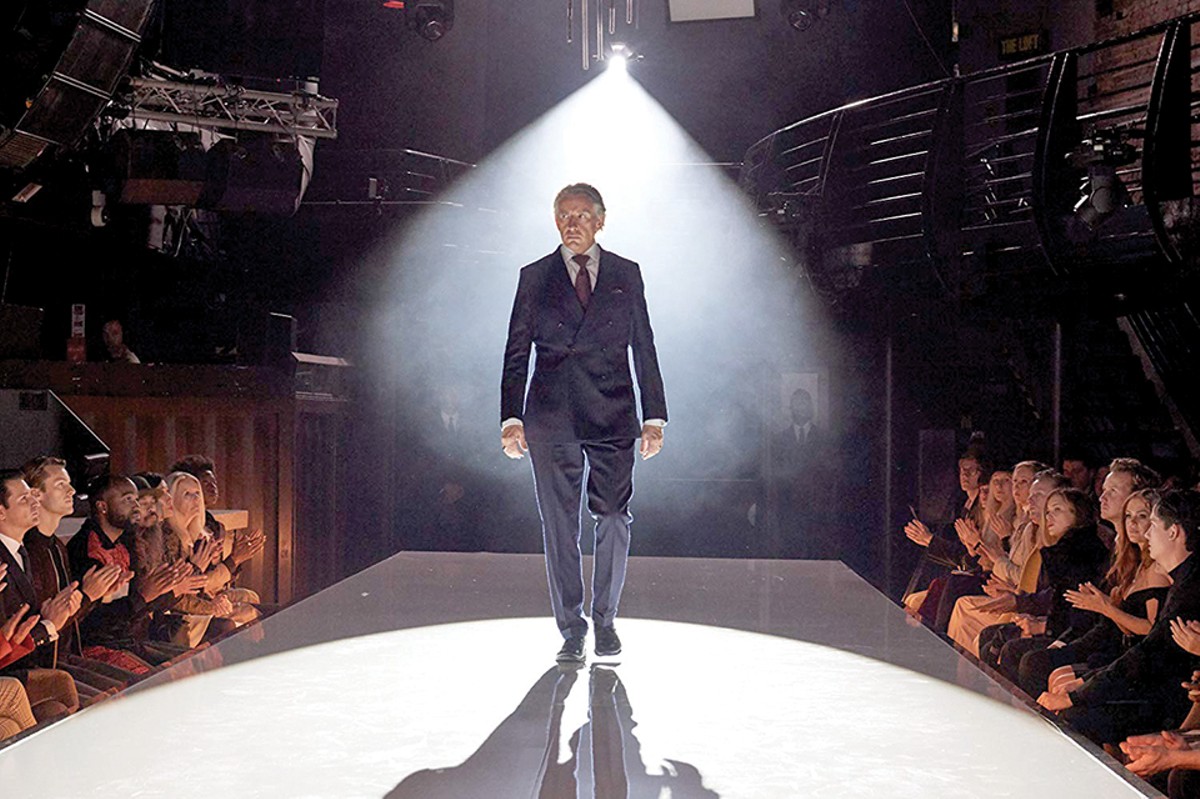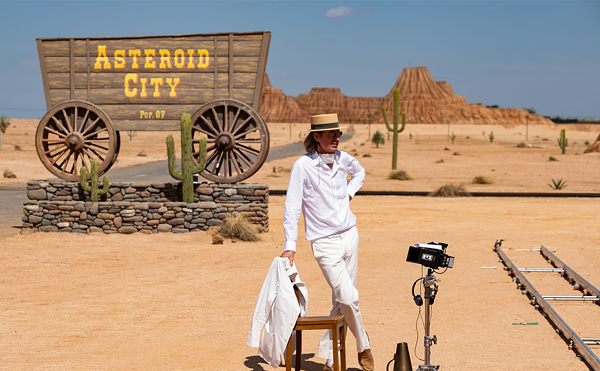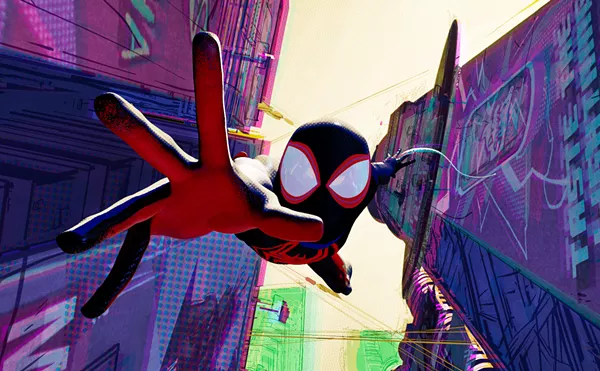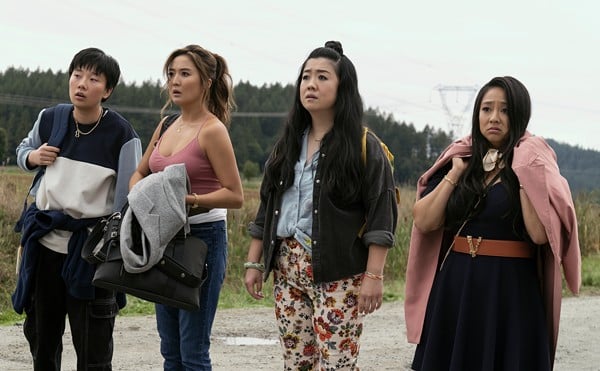Despite having made more than 30 feature films, British director Michael Winterbottom is an elusive figure, wandering through genres with the same open-minded resolve seen in so many of his characters. He's made period films (Jude, The Claim), war movies (Welcome to Sarajevo), art-house porno (9 Songs), pop biographies (24 Hour Party People), political documentaries (The Shock Doctrine, The Emperor's New Clothes), an inspired exploration of a barely filmable literary classic (Tristram Shandy) and, perhaps most notably, the comedy-verité series The Trip, in which Steve Coogan and Rob Brydon amble through Europe exploring five-star meals, celebrity impressions and their own inflated images. In all of them, Winterbottom is a personally invested yet almost passive observer, a polymathic chameleon taking notes and juggling ideas.
Greed, Winterbottom's seventh film with Coogan, is a dry, strangely uneven satire, a film so determinedly understated that much of its comic points are delivered almost subliminally. Coogan plays Sir Richard McCreadie, a billionaire fashion mogul described as "a self-made man who worships his creator." (The character is loosely based on Sir Philip Green, a British businessman notorious for boorish behavior, a string of bankruptcies and accusations of sexual assault.) McCreadie's life of privilege and avarice is presented in flashbacks as he prepares for his 60th birthday party, an opulent orgy of self-indulgence on a Greek Island, complete with celebrity guests (or their look-alikes) and re-enactments of scenes from Gladiator. Also in tow are his family, ex-wife, a battalion of servants and kitchen staff, his reluctant and slightly guilt-ridden biographer (played with comic awkwardness by comedian David Mitchell), and, to his great chagrin, a camp of Syrian refugees on the adjacent public beach. ("It's not me," he insists when he tries to get them removed. "It's my guests. Some of them are very superficial.")
Though Greed is loaded — perhaps even overloaded — with subplots and secondary characters (employees at McCreadie's Asian factories, a lion handler, a reality-show crew), the film is almost too subdued for its own good. Coogan is wonderfully appalling — he can play repugnantly arrogant creatures like this in his sleep — but much of the humor is shaped in the off-handed style of The Trip series. There's an awful lot going on, but much of it seems to be passing by in the background. We see McCreadie's unremittingly awful behavior, but everything else becomes a blur.
But somehow, it works, mostly, and more in retrospect than while you're actually watching it. After a genuinely shocking plot twist very close to the end, Winterbottom starts to pull the disparate plot lines and narrative debris together. Although Coogan's character is broad and abrasive, Winterbottom's ultimate goal is more subtle, a satirical assault on unbridled capitalism, softly spoken. Greed is in some ways an exercise in misdirection, a brash cartoon with a hidden argument in the manner of Adam McKay's politicized comedies (think The Other Guys rather than Vice). It's easy to laugh at the crass extravagances of the selfish class as they light cigars with hundred-dollar bills or sit in executive mansions assembling their boards of toadies, but Winterbottom looks past that to remind us of the implications of their behavior. Greed makes a worthwhile point about our current era of economic piracy, even if it stumbles and meanders before getting it out.






